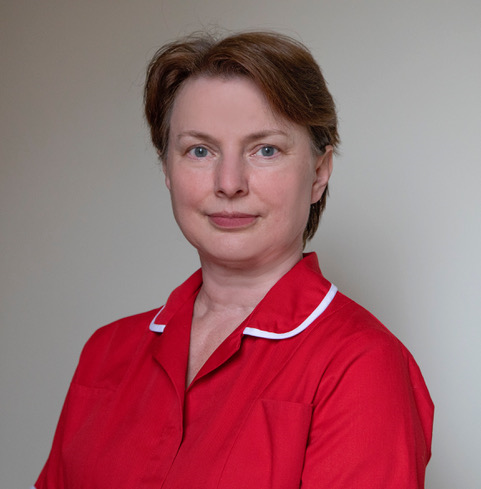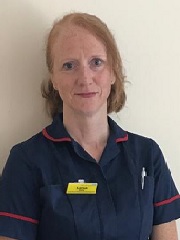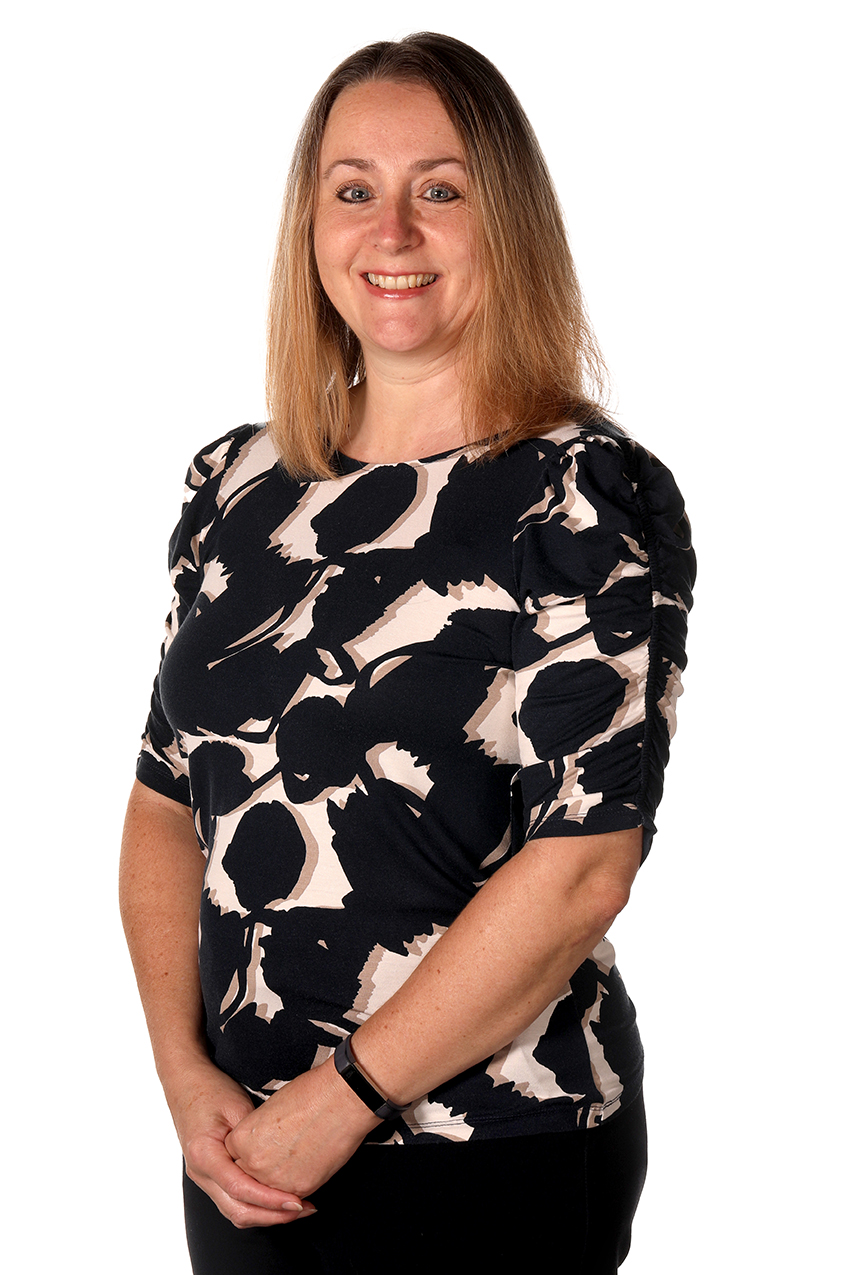For my latest blog I’d like to focus on success with an extension to funding which will have a positive affect at both The Royal Wolverhampton NHS Trust (RWT) and Walsall Healthcare NHS Trust.
Back in September 2021, the Trusts submitted collaborative Clinical Placement Expansion Programme (CPEP) bids for Health Education England funding to support additional nursing, midwifery, Allied Health Professionals and healthcare sciences student placements. Two CPEP projects started in October 2021, ending in July 2022 at the end of the academic year.
Walsall-led CPEP
As a result of successful CPEP bids, the number of student offers for adult, child and midwifery students has doubled.
Led by Lorna Kelly, Associate Director of Research and Professional Development, this has been achieved by expanding placements to specialist services such as Infection Prevention and Control, Quality Teams and specialist nurses. The CPEP bid also allowed the Trust to expand its Collaborative Learning in Practice (CLiP) approach to student support.
CliP introduces a new way of supporting students in practice; rather than utilising the traditional one-to-one student to supervisor model, it encourages the GROW (a four-step system for setting and achieving goals: Goal, Reality, Obstacles (or Options), and Way Forward (or Will)) model of coaching. This is where supervisor and peer-to-peer coaching by students underpins learning.
Several students – usually four to six – are allocated to a team on any particular shift. The practice supervisor is responsible for a group of patients, but the care is primarily organised and delivered by students.
The practice supervisor will ‘coach’ the students for all the relevant activities and accept delegation of care as appropriate. Students take responsibility for designated patients for all care delivery, including liaising with the multi-disciplinary team.
Student feedback was that this has increased their confidence, improved their time management and their delegation skills.
The clinical areas where CliP has been launched have reported positive feedback from their patients, who enjoy having a large number of students to care for them.
With great success, an adapted CLiP model has been piloted in one of our inpatient community areas incorporating physiotherapy and occupational therapy students, and in theatres with operating department practitioner students.
Both of these areas will be launching CLiP later this year. The CliP model is being introduced with nursing students at RWT soon.
Walsall’s CPEP bid also allowed the Trust to purchase simulation software to provide multi-professional training to students.
RWT-led CPEP
Led by Ros Leslie, our Chief Allied Health Professional, this project started with an aim to increase student placements in podiatry, dietetics, diagnostic radiography, physiotherapy (Walsall only), occupational therapy, paramedicine (RWT only) and cardiac investigations.
The previous RWT CPEP for physiotherapy student placements had been extremely successful and there was plenty of shared learning for this CPEP.
They also learned from student feedback after previous placements. Many areas experienced operational issues, however, including staff absence due to COVID-19 and vacancy rates, severe winter pressures, and a challenging recruitment market.
Link tutor roles were established and a clinical educator database of trained educators for each service was created. The link tutors worked with services which had a low number of placement offers to investigate how the offer could be increased.
To ensure success, the team supported clinician attendance at educator courses, held troubleshooting drop-in sessions and implemented new supervision models such as two-to-one and peer-assisted learning.
In addition, the Fair Share model, CLiP and the use of simulation models for placements were explored. As a result, the team actually achieved over and above the anticipated number of placements.
The link tutor roles had a significant impact, resulting in positive feedback being received from staff and students.
Areas that historically didn’t offer student placements have now started annual offers. The collaboration between departments at RWT and Walsall worked extremely well in this project.
Some departments hadn’t worked together before, and it was an enjoyable experience to be able to collaborate. There are established links now that will ensure best practice for future student placements can be shared.
Take care,
Ann-Marie.



